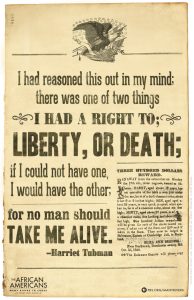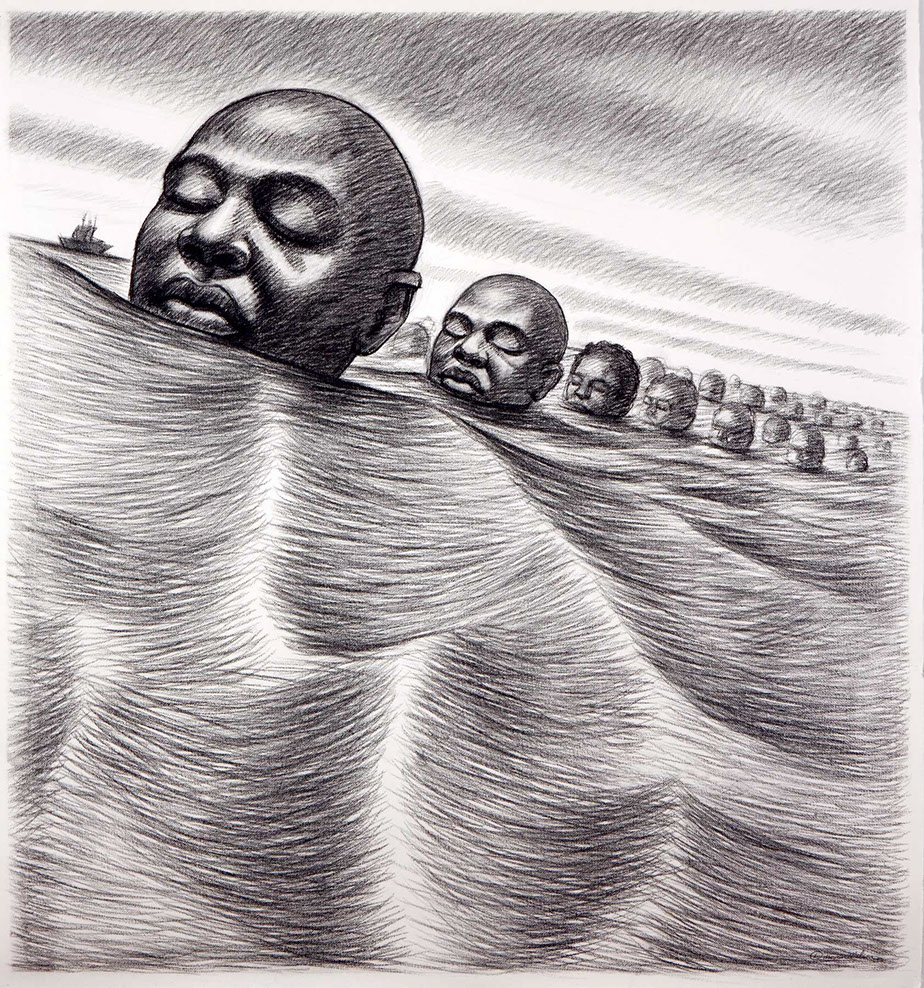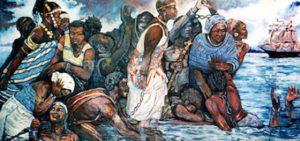
Watching the video of Beyonce’s new music “Love Drought” and its obvious derivation of symbolism from the Igbo landing tragedy, I was compelled to write about the Igbo landing of 1803.
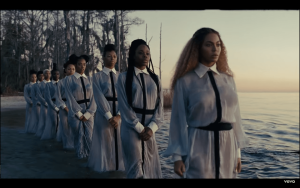
One who is intimate with the culture of the Igbo people today, found in South-East Nigeria, would know that the central premise of the Igbo culture is the concept of individual pride and honour. They are very proud people, and this pride often translates into their unwillingness to be subservient to a central authority and instead cultivated a culture that decentralized power.
A famous Igbo saying states: Every Igbo man is king in his home.
This means that bowing to another, being subjected to a life of servitude and worship of another, is consonant to the Igbo culture. It has often translated into the perception of the Igbo people as stubborn and arrogant in the Nigerian sociopolitical landscape today.
Understanding the type of culture fostered by the Igbo people, one would appreciate and understand the profound roots of the Igbo landing tragedy.
During the transatlantic slave trade, Igbo enslaved people were known by the enslavers and sellers to be intensely independent and stubborn and showed fierce resistance to chattel slavery.
In May 1803, a slave ship docked in Savannah after a successful transatlantic voyage from West Africa to the new world, bearing stocks of newly enslaved people who had survived the brutal and unbearably long journey of being chained primarily on a single uncomfortable position on wooden panels in the ship.
At Savannah, these enslaved people were auctioned for at least 100 dollars each to plantation owners.
Buying a large stock of Igbo enslaved people at Savannah, Thomas Spalding and John Couper loaded their living consignment in a barge named The Morovia, bound for St. Simone’s island, where they were to work as forced slave labourers in the plantations.
At Dunbar Creeks, today, they were known as Igbo landings. The Morovia was grounded because as many as 75 Igbo enslaved people had revolted, taking control of the ship and drowning their captors.
Ashore, a group of Igbos under the High priest’s direction amongst them, willfully marched into the creek singing in unison an Igbo tune.
‘Iyi butara anyi, Iyi ga ebula anyi’
‘The water spirit brought us, and the water spirit will take us home.’
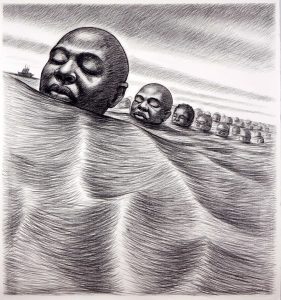
A literal depiction of the words of Harriet Tubman “I have the rights to liberty or death.”
Today, this one action being famed as the first march of resistance by Africans in America is of profound meaning and a powerful testimony to the resilience of a determined African spirit.
The song is an emotional fuel to their resolution. Even today, songs are used by the Igbo people to cement their spirits even in the most uncertain times.
The Igbo Landing is both a tragedy and a lesson to everyone born of African origin; There is a pride in independence, and the price for this integrity is immeasurable. A free spirit is one that can give anything to be free; life in chains isn’t worth living.
Today, the transatlantic slave trade has ended centuries ago. Still, the effects of these events resound even today in the social fabric within the American and African socio-cultural and political landscape.
The spirit of the Igbo landing remains relevant until today as every Afro-centric man worldwide is still fighting to be free, equal, and be himself, to define himself in the footsteps of his ancestors, his Gods, and his own culture.
We must never let that spirit be broken: The pride of our lives can never be taken away unless we give it up.
